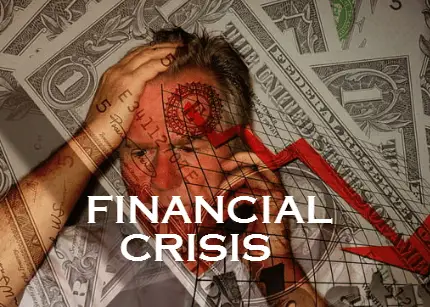Mental Health and Financial Planning: Breaking the Stigma
Money and mental health are indeed intertwined in ways that may not be immediately obvious. Financial stress can significantly impact mental well-being, while mental health challenges can impair one’s ability to manage finances effectively. This interconnectedness creates a cycle that, thankfully, can be broken through understanding, proactive planning, and seeking support when needed.

The Financial Rollercoaster: How Money Impacts Mental Health
Financial stress can take a toll on mental health in various ways:
- Constant worry: Concerns about financial obligations, debt, and meeting basic needs can lead to chronic stress and anxiety.
Sleep disruption: Financial anxieties can disrupt sleep patterns, leading to fatigue and exacerbating mental health issues.
Strained relationships: Financial stress can strain relationships, leading to feelings of isolation and loneliness.
Decision-making difficulties: Overwhelming financial pressures can cloud judgment, making it challenging to make sound financial decisions.
Increased risk of mental health disorders: Research indicates a strong correlation between financial difficulties and heightened risk of depression, anxiety, and substance abuse.
The Money Maze: How Mental Health Affects Financial Planning
Conversely, mental health challenges can hinder effective financial management:
- Reduced motivation: Conditions like depression and anxiety can diminish motivation, making it challenging to adhere to budgets or plan for the future.
Impulsive decisions: Mental health issues may lead to impulsive spending or neglect of financial responsibilities, exacerbating financial stress.
Difficulty planning: Issues with focus and concentration can impede the ability to create or adhere to financial plans.
Avoidance behavior: Fear, shame, or anxiety may prompt individuals to avoid addressing financial matters, perpetuating the cycle of stress.
Breaking the Cycle: Embracing Financial Wellness with Mental Health in Mind
Fortunately, practical strategies can help break free from this cycle:
- Open communication: Discuss mental health and financial concerns openly with trusted individuals, such as friends, family, therapists, or financial advisors.
Seek professional help: Don’t hesitate to seek assistance from mental health professionals and financial advisors to address stress and create a personalized financial plan.
Prioritize self-care: Engage in activities that promote mental well-being, such as mindfulness practices, regular exercise, and healthy eating habits.
Budgeting and goal-setting: Establish and adhere to a budget while setting achievable financial goals to regain control over finances and track progress.
Utilize resources: Explore available resources, such as debt management programs, credit counseling services, and government assistance programs, for financial support.
Recent Developments: Financial Inclusion and Mental Health
Recent trends reflect a growing awareness of the link between mental health and financial well-being:
- Financial institutions offering mental health resources: Some banks and credit unions collaborate with mental health organizations to provide support and resources to customers.
FinTech tools for financial wellness: FinTech companies develop apps and tools to help individuals manage finances, promoting financial literacy and accountability.
Increased awareness and advocacy: Organizations advocate for better access to mental health resources and raise awareness of the mental health-money connection.
Conclusion: A Holistic Approach to Financial Wellness
Taking a holistic approach that addresses both mental and financial well-being is crucial. By acknowledging the connection, seeking support, and implementing practical strategies, individuals can break free from the cycle of stress and achieve financial and mental well-being. Remember, support is available, and with proactive steps, it’s possible to build a brighter future for both your finances and mental health







Leave a Reply